Is New Zealand A Safe Place To Live? Safety in NZ
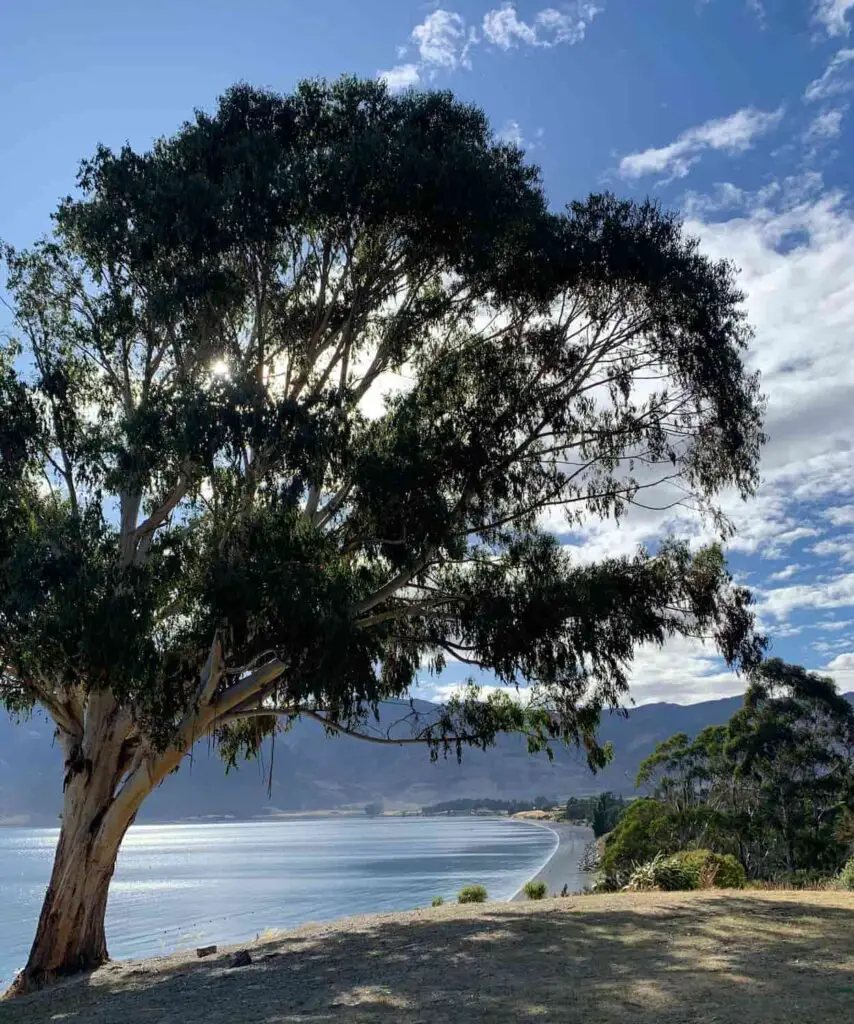
Are you wondering if New Zealand is a safe place for you to live in? Yes, it’s super safe. New Zealand ranks as the second-safest country for crimes and violence and is considered to be a very safe and peaceful place for people to live or visit. This ranking comes from the Global Peace Index, where New Zealand always ranks very high on their lists.
New Zealand is one of the safest countries in the world. It’s ranked 4th in the latest Global Peace Index. The overall crime rates are low. New Zealand is also safe for solo female visitors. The biggest dangers we have here are natural disasters.
New Zealand is a peaceful, stable, and law-abiding country where crime rates are low. If crime ever happens, then mostly in main cities and in the North Island. However, the biggest risk for New Zealanders and visitors is climate change and the natural environment.
How safe is New Zealand for living?

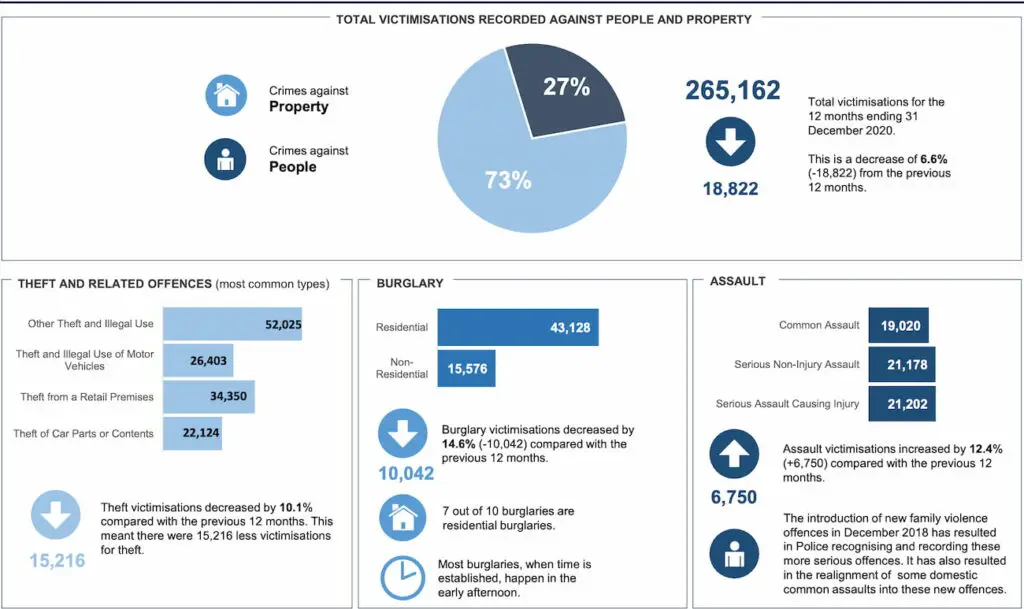
Currently, New Zealand ranks second as the safest country when you look at crime and violence. This is partially due to the isolationistic location of the country, as it contains of two islands below Australia, which is over 4,000 kilometers away. Some people believe New Zealand is a part of Australia, but it’s at least a 3-hour flight away.
Even though New Zealand has a low crime rate, being the second lowest in the world, it does not mean there is no crime. You can still expect some level of crime in the larger cities, with the smaller mid-size towns having less crime. The burglary of unattended cars or homes also happens in New Zealand.
You should be aware that we have some crimes happening in the country at the moment. It’s not a paradise, all countries have issues. For instance, relationship assault cases in New Zealand happen at a similar rate to those in the US. 33% of New Zealand women have experienced physical or sexual intimate partner violence within their lifetime (according to the research).
Besides, New Zealand experienced a major terrorist attack back in 2019 in Christchurch. The terrorist attack targeted a local mosque, where a gunman ran into the mosque and killed 51 people during a religious session. However, compared to other countries, these cases are lower.
What about water safety in New Zealand?
Natural disasters and other dangers
The geographical location of New Zealand has the islands sit on top of the Alpine fault line. This is what causes the many earthquakes in New Zealand, with an average of around 15,000 earthquakes a year. However, only about 150 of these earthquakes are strong enough to cause any property damage to the residents.
The last two major earthquakes to hit New Zealand were the 2011 Christchurch earthquake and the 2016 Wellington earthquake. The 2011 Christchurch earthquake had a magnitude of 6.2 on the Richter scale. The earthquake happened five kilometers under the service. The 2016 Wellington earthquake had a magnitude of 7.8 on the Richter scale.
Because New Zealand sits on a fault line, they have regular earthquakes; tsunamis can occur. Tsunamis are caused by earthquakes or fault line shifts, which New Zealand is known for. But don’t stress. Most communities have designated tsunami safety zones for you and your family to evacuate to in case of a massive wave approaching.
Earthquakes are not the only natural disasters to occur in New Zealand. The country also has many volcanoes, and some of them are still considered to be active. One of the last major volcanic eruptions to happen in New Zealand happened in 2019 on Whakaari or White Island. The eruption did sadly kill 22 people during the natural disaster.
Fortunately, compared to Australia, New Zealand doesn’t have many, if any, dangerous animals. You will mostly see farm animals here, such as cows and sheep. We don’t have any snakes and only two venomous spiders.
The ocean surrounding the two islands does have few predatorial animals, such as sharks and sea snakes. The water is very cold, so usually, they don’t come close, and people also tend not to swim far away from the beach.
Family problems
If you want to raise a family in New Zealand, be prepared to hear about the startling cases of child abuse from parents disciplining their children. New Zealand has one of the worst records for child abuse cases in first-world countries or developed countries.
Oranga Tamarkai is the government department that focuses on the well-being of children in New Zealand. This department has received over 12,000 cases of individual cases of child abuse as of the 30th of June, 2023. This statistic means one in 90 children in New Zealand has been abused in the last year.
That said, child abuse usually happens in families that already have many other issues, like living on the poverty line, for example. It’s much more rare to see in an average middle-class Kiwi household.
Safety in New Zealand: all you need to know
The current safety issue in New Zealand is petty theft like wallets, cell phones, retail stores, and purses. Gun violence is low in the country as New Zealand has very strict laws regarding guns. However, the rise of assault cases in the country is a concern for many residents.
The rate of property crime has climbed in recent years due to the end of the COVID-19 restrictions. These crimes are more common in larger cities such as Wellington or Auckland. Most of these crimes are committed by at-risk young people from poverty-stricken areas in these cities.
The increase in assault cases in the country is also due to a reclassification of domestic violence and abuse offense classifications in New Zealand’s law. There is also the issue of child abuse in New Zealand, where parents believe hitting or beating their children is a form of punishment.
When you live in New Zealand, you must be prepared to expect an earthquake, with an average of 15,000 them a year. You understand the risks of an earthquake. An earthquake can cause more than just the ground to shake. It can cause landslides, erosions, and tsunamis to occur.
This is just a daily occurrence for many residents in New Zealand, but most of the earthquakes don’t cause any damage to the area, so it’s just a good idea to be aware of this.
New Zealand can also experience flooding, droughts, wildfires, and tropical cyclones (like cyclone Gabrielle). These natural disasters have hit the country before, with some of them causing fatalities. You also need to be ready to evacuate if you stay near any of the nine active volcanoes in New Zealand.
New Zealand crime rates in 2022 – 2023
New Zealand has a crime rate of around 42.88 crimes per 1,000 people yearly. According to Numbeo, New Zealand’s Crime Index is 47.41, and the Safety Index is 52.59.
The lower the Crime Index, the better. Numbeo categorizes indexes lower than 20 as very low, between 20 and 40 as low, and between 40 and 60 as moderate. Hence, New Zealand has a moderate crime rate.
For the Safety index, the higher, the better. New Zealand is again somewhere in the middle.
It also estimates the “safety walking alone during daylight” to be High and “safety walking alone during the night” as Moderate.
In the table below, you can see how 1,611 contributors to Numbeo data estimate safety in New Zealand. Keep in mind that it’s solely a perspective of individuals and doesn’t necessarily tell the truth. For more statistical information, see the data collected by Police NZ below.
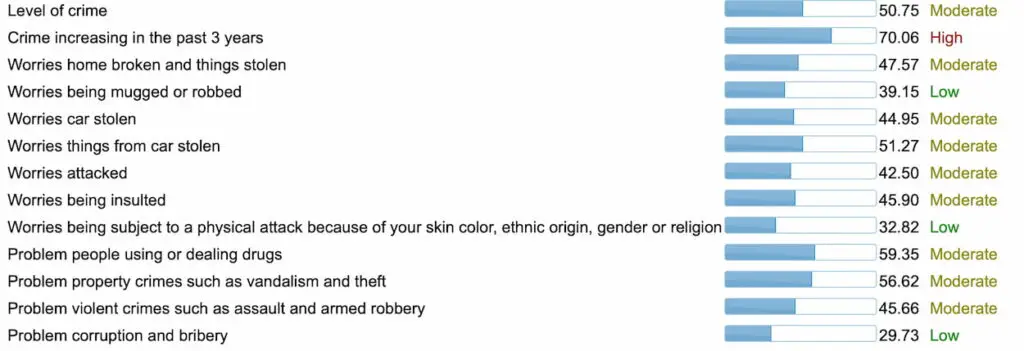
Police NZ provides accurate data on crime victimisations that were officially reported. In 2020, there were a total of 265,162 victimisations (a decrease of 6,6% from 2019), 73% of which were towards property and 27% against people.
Following theft and related offenses were recorded in 2020:
- Other Theft and Illegal Use: 52,025
- Theft and Illegal Use of Motor Vehicles: 26,403
- Theft from a Retail Premises Theft of Car Parts or Contents: 34,350
- Theft of Car Parts or Contents: 22,124
Burglary:
- Residential: 43,128
- Non- Residential: 15,576
Assaults:
- Common Assault: 19,020
- Serious Non-Injury Assault: 21,178
- Serious Assault Causing Injury: 21,202
Crime at a Glance Dec 2020
Assault victimisations increased by 12.4% compared to 2019. This can be due to the realignment of domestic common assaults.
In the last 12 months (from August 2022 to September 2023), the following crime has been recorded nationwide:
| Crime type | Previous period | From August 2022 to September 2023 |
|---|---|---|
| Assault | 31,121 | 30,465 |
| Sexual Assault | 2,789 | 2,657 |
| Abduction | 244 | 270 |
| Robbery | 3,702 | 4,758 |
| Burglary | 75,162 | 71,170 |
| Theft | 196,684 | 213,233 |
| Total | 309,702 | 322,553 |
Here are official statistics about crime incidents reported between August 2022 and July 2023 in the capital of New Zealand, Wellington:
| Crime type | Previous period | From August 2022 to July 2023 |
|---|---|---|
| Assault | 1,220 | 1,365 |
| Sexual Assault | 114 | 130 |
| Abduction | 7 | 8 |
| Robbery | 93 | 175 |
| Burglary | 1,760 | 1,969 |
| Theft | 7,386 | 8,601 |
| Total | 10,580 | 12,248 |
The data from Auckland has the following results:
| Crime type | Previous period | From August 2022 to September 2023 |
|---|---|---|
| Assault | 9,119 | 9,518 |
| Sexual Assault | 720 | 753 |
| Abduction | 67 | 79 |
| Robbery | 1,310 | 1,738 |
| Burglary | 22,622 | 22,965 |
| Theft | 72,274 | 79,302 |
| Total | 109,112 | 114,355 |
As you can see, the incidents of crime in New Zealand and its main cities have overall increased from the previous year, which is quite unfortunate. Auckland is home to more than a third of all crime victimisations in New Zealand.
Read more about crime rates and see the exact rates for each city in New Zealand, visit the official website of Police NZ.
Cities in New Zealand with the lowest crime rates
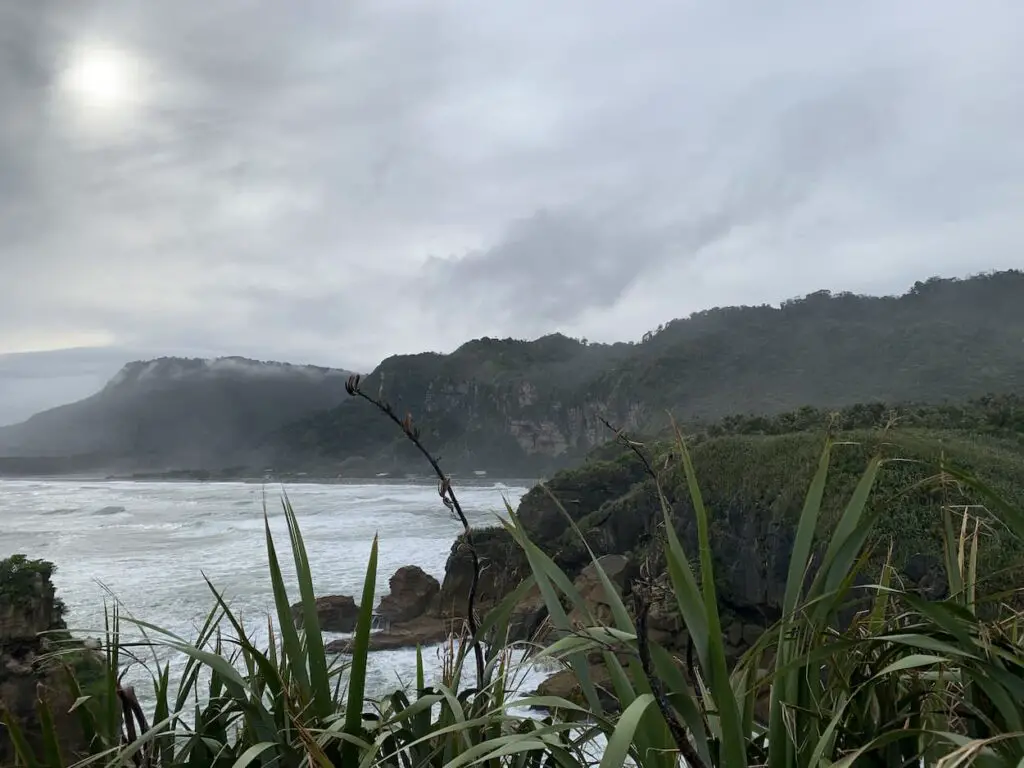
Here is some relevant data on the crime rate statistics in major cities in New Zealand. This can help you to choose a place to live if you are particularly careful about your and your family’s safety.
Some of the safest places in New Zealand are:
- Selwyn district
- Queenstown
- Waimate
- Central Otago
- Southland District
- Mackenzie District
- Carterton
- Tasman
As you can see, the safest places in New Zealand are located on the South Island, with the exception of Carterton.
Generally, crime happens significantly less on the South Island than on the North. South Island is a safer place to live. This is mainly due to the lower population in the South but also because 50% of crime incidents are caused by people from Maori or Pacific ethnic groups. And majority of these people are residing on the North Island.
Moreover, Māori people are more likely to be victimised. The numbers showed that around 47% of Māori were victims of crime each year, and Māori were also more likely to be victimised multiple times.
The district of Selwyn in Central Canterbury is considered to be the safest area to stay in New Zealand. With a crime rate of one point, 1.27 crimes are committed per 1,000 people per month. While the highest crime rate is 6.12 crimes committed per 1,000 people per month, this can be found in Rotorua. That said, more than 33% of all crime victimisations happen in Auckland.
Queenstown is a tourist town in the central part of the South Island. It has a crime rate of 2 crimes committed per 1,000 per month. Waimate is a town in Canterbury with a crime rate of 1,7 monthly crimes per 1,000 people.
Is New Zealand safe for tourists?
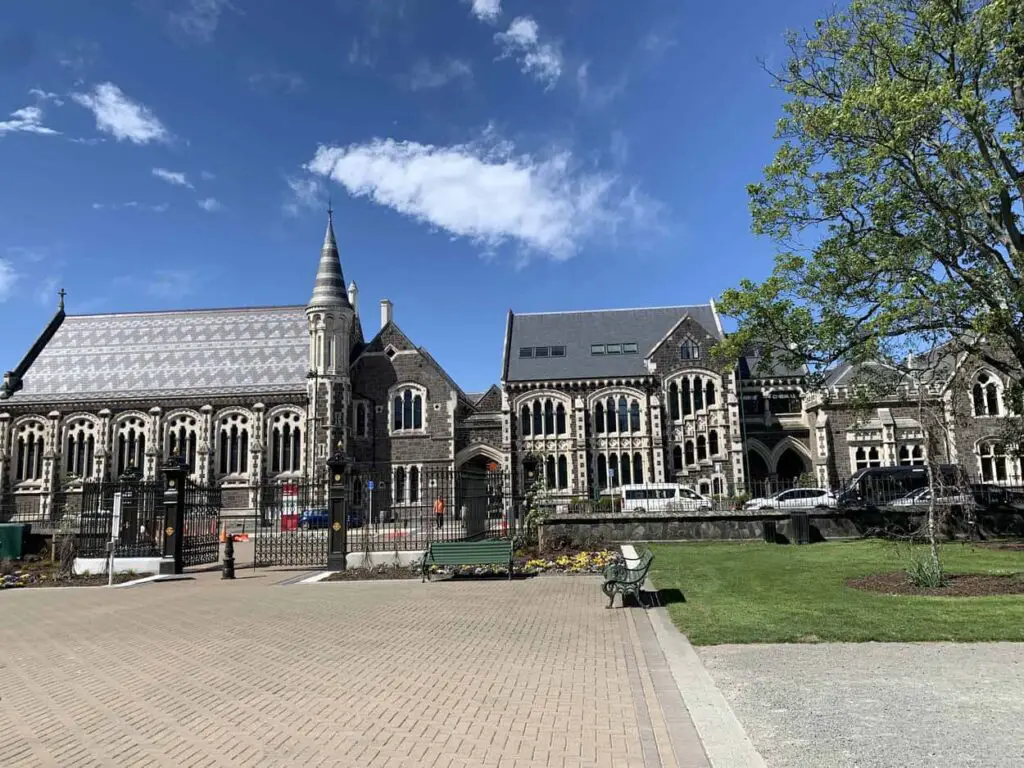
New Zealand is very safe for tourists to come and explore the two islands. Nonetheless, when visiting as a tourist, you should take some safety precautions. The biggest safety concern for a tourist visiting New Zealand is the danger of nature. The weather can be volatile, and the risk of earthquakes causes a landslide that can trap or hurt you.
So, when you partake in any exploration of the natural beauty of this country, just remember that New Zealand can suffer from natural disasters, yet, the risk of something happening is pretty low.

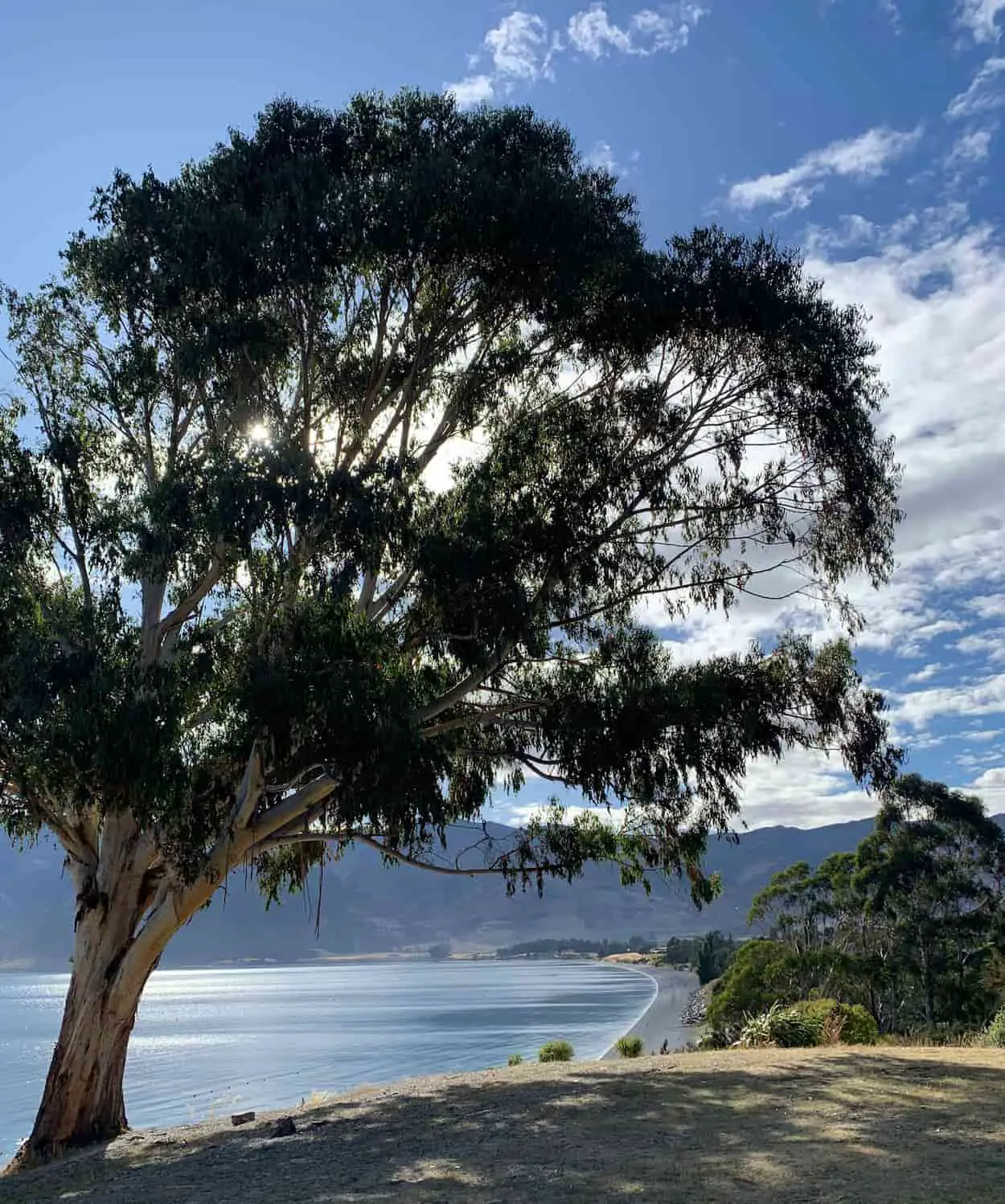
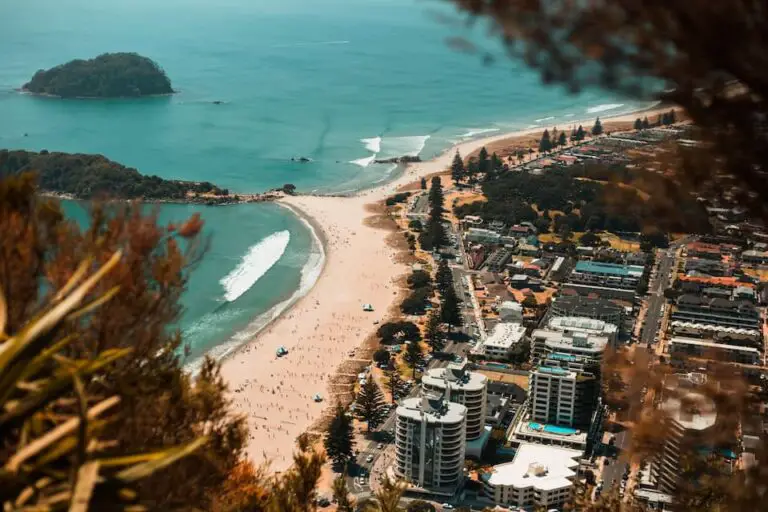
![Pros and Cons of Living in Dunedin, New Zealand [2024]](https://simplenewzealand.com/wp-content/uploads/2023/06/new-zealand-4838951_1280-1-768x578.jpg)
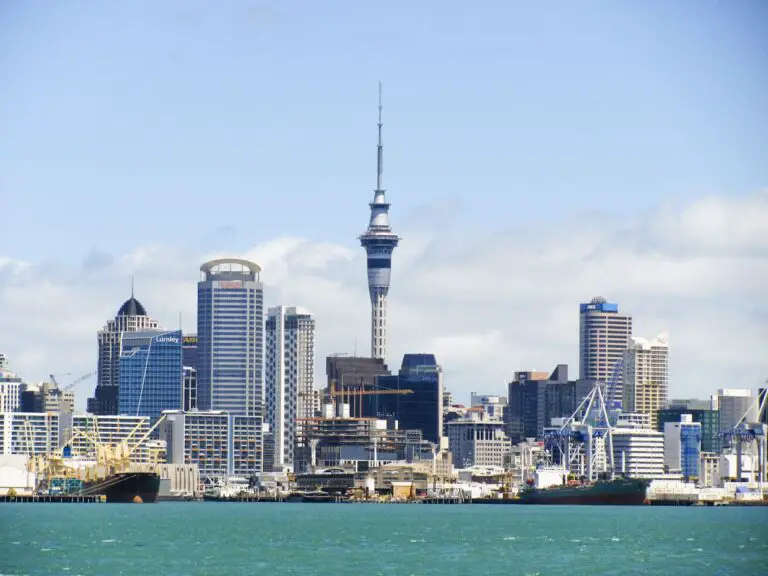
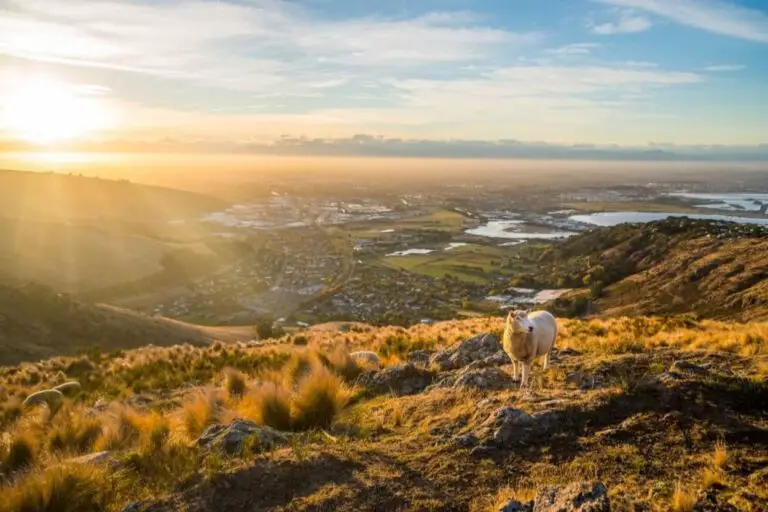
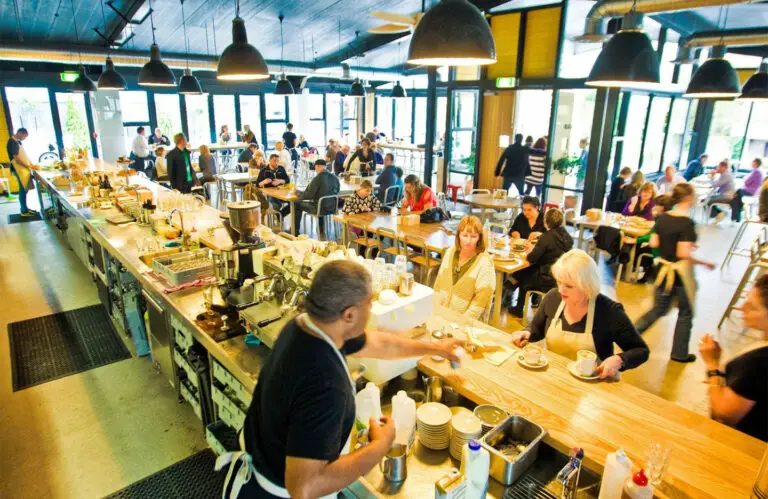
![Best Cities For Job Opportunities in New Zealand [2024]: Attention Job Seekers](https://simplenewzealand.com/wp-content/uploads/2023/02/casey-schackow-h8wTmJU4XyU-unsplash-768x512.jpg)